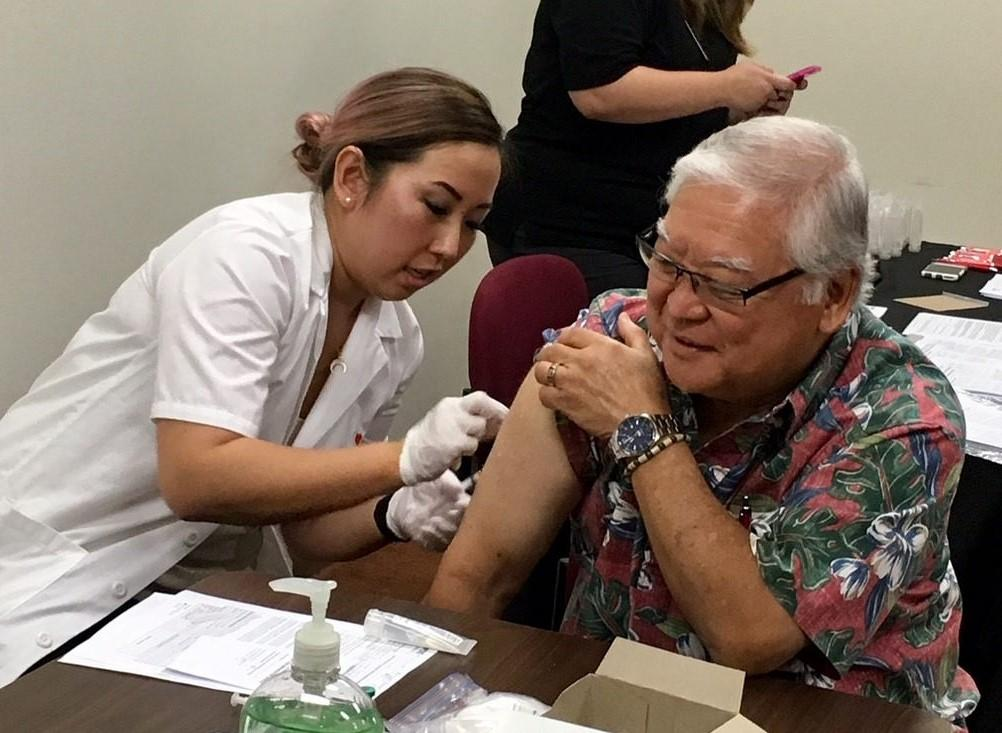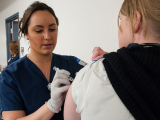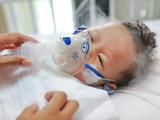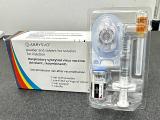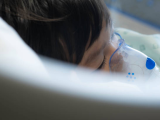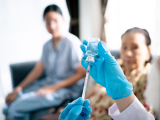Only 15% of US adults aged 50 and older and 25% of those 65 and older are up to date on recommended vaccinations against infectious diseases such as flu, respiratory syncytial virus (RSV), and pneumococcal disease, but a recent study suggests that giving patients information before their appointment and a clear endorsement from their healthcare provider (HCP) could increase uptake in these age-groups.
For the study, published in Open Forum Infectious Diseases, a team led by a University of Virginia (UVA) researcher and PRIME Education surveyed patients and HCPs at six primary care/geriatric clinics before and after a patient-HCP collaborative learning session and use of a customized shared decision-making (SDM) tool.
HCPs also participated in audit-feedback sessions to create action plans to improve vaccination rates at their clinic. The study was supported by drug manufacturer GSK.
HCP recommendation top motivator
Of the 72 patients who used the SDM tool and completed both surveys, only 40% reported being current with all recommended vaccines before the intervention, 76% had not received a dose of shingles vaccine, and 65% had not regularly discussed barriers to vaccination with their HCP.
